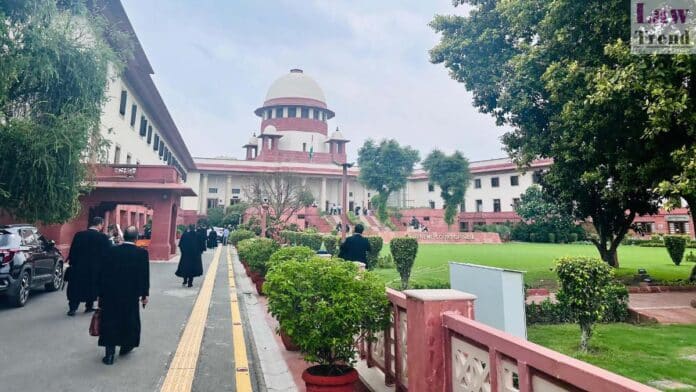The Supreme Court of India has overturned an order by the Allahabad High Court that had remanded a 1998 double murder case for a retrial, ruling that the trial had been fair and compliant with legal provisions under Section 294 of the Code of Criminal Procedure (CrPC). The apex court held that the High Court’s
To Read More Please Subscribe to VIP Membership for Unlimited Access to All the Articles, Download Available Copies of Judgments/Order, Acess to Central/State Bare Acts, Advertisement Free Content, Access to More than 4000 Legal Drafts( Readymade Editable Formats of Suits, Petitions, Writs, Legal Notices, Divorce Petitions, 138 Notices, Bail Applications etc.) in Hindi and English.




